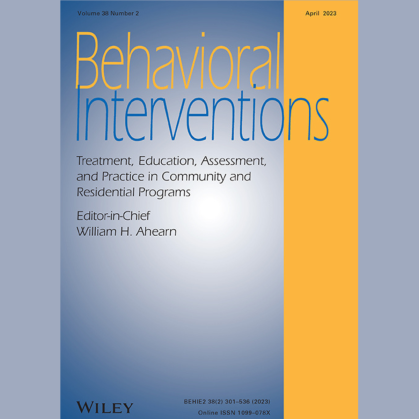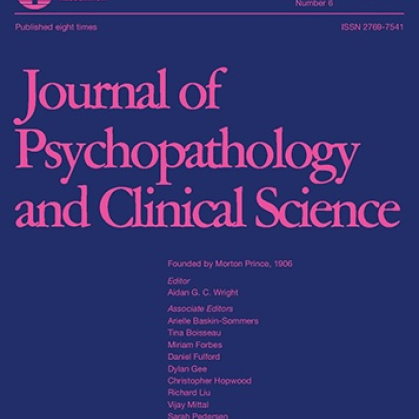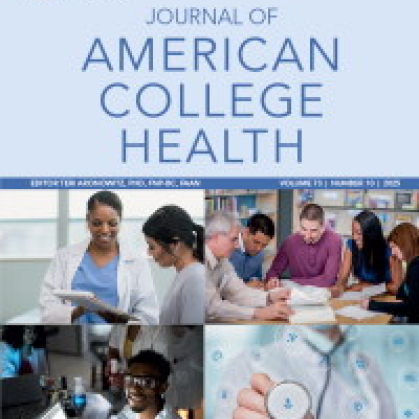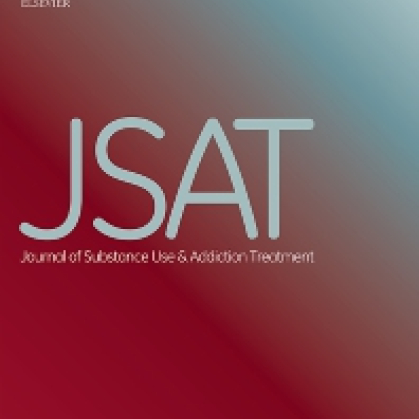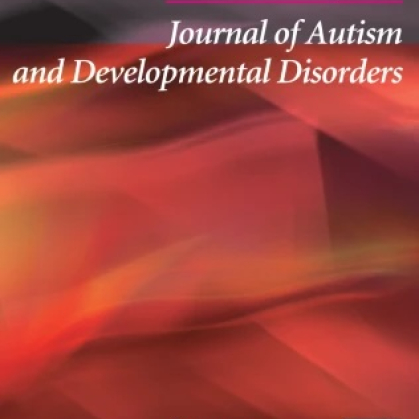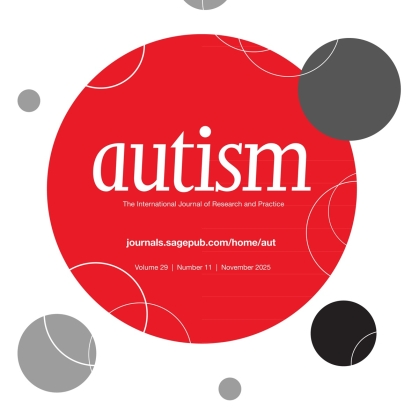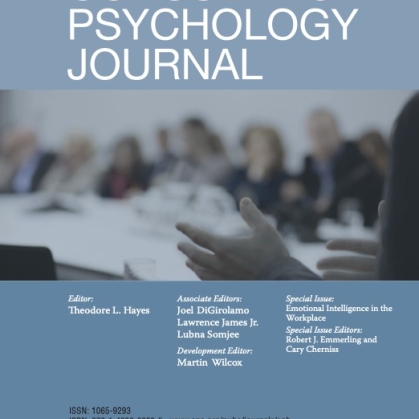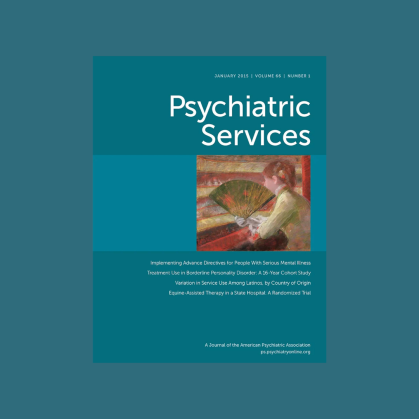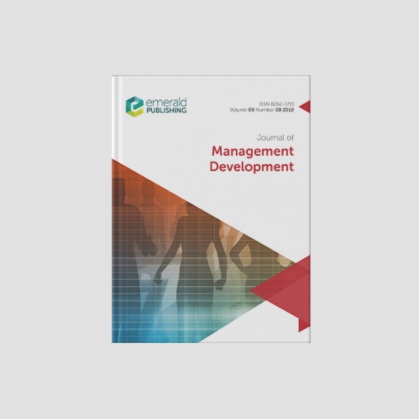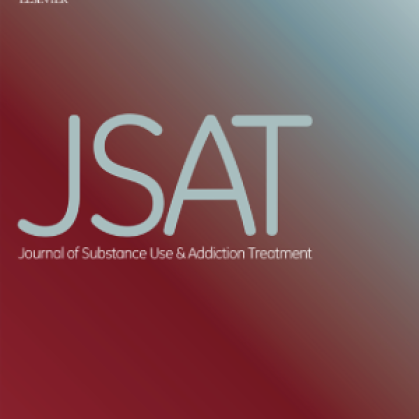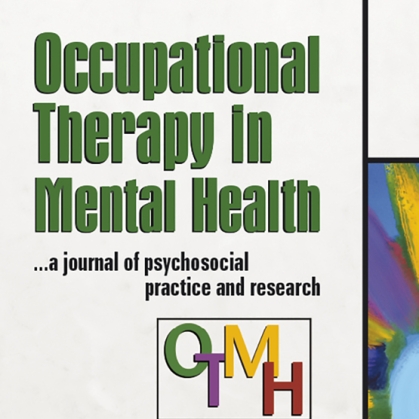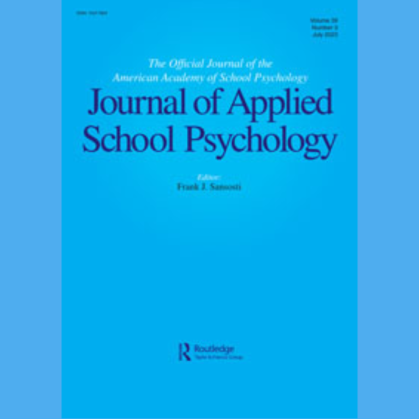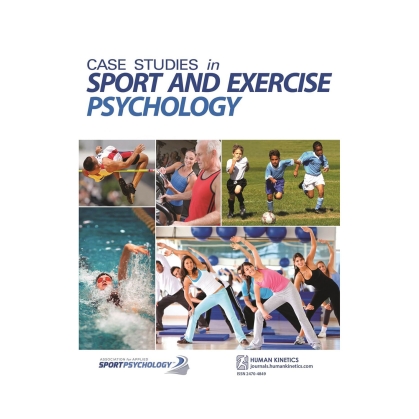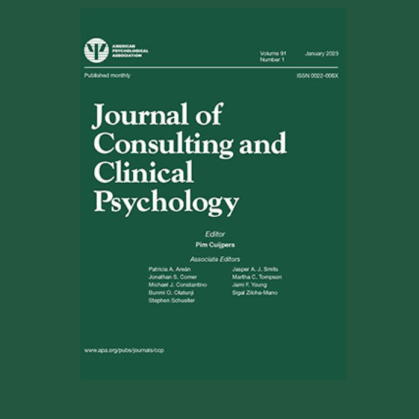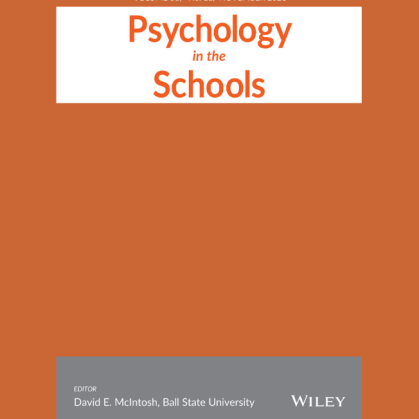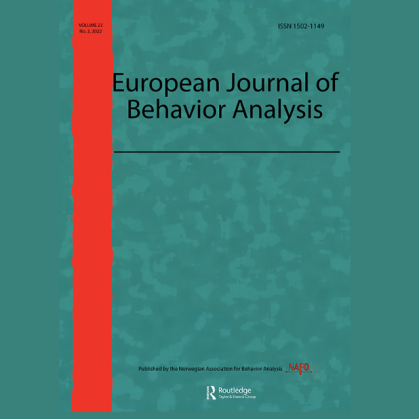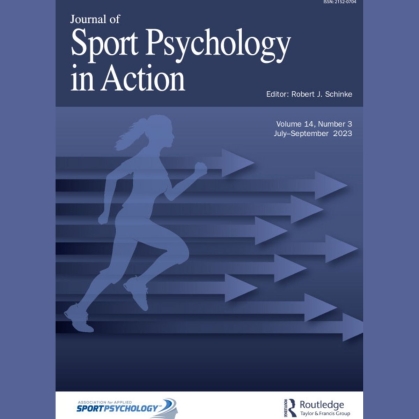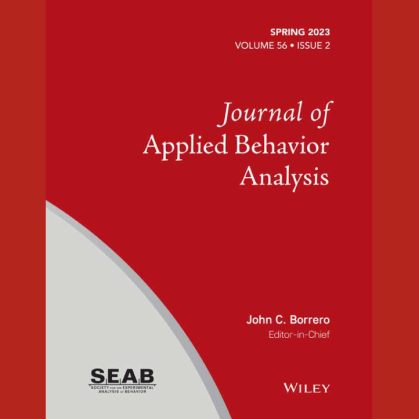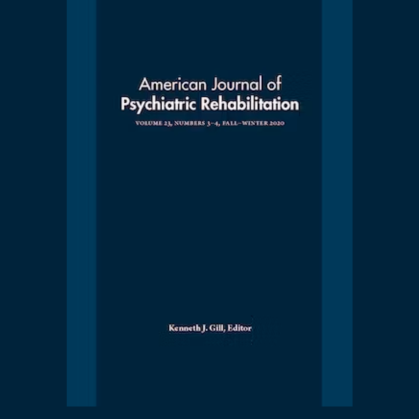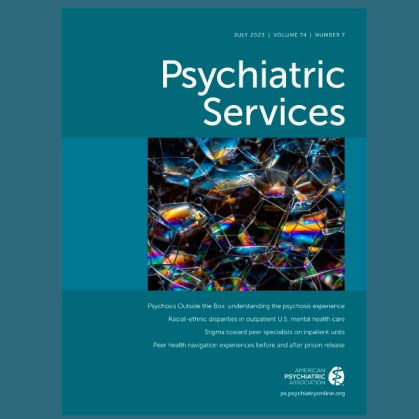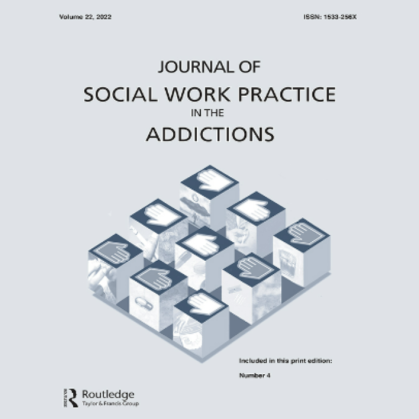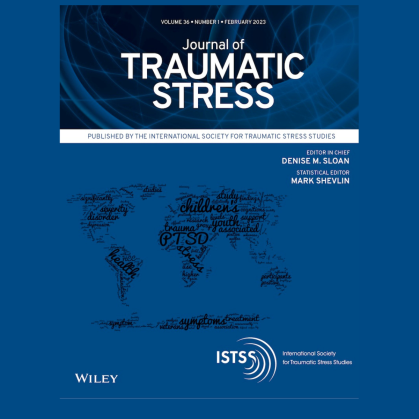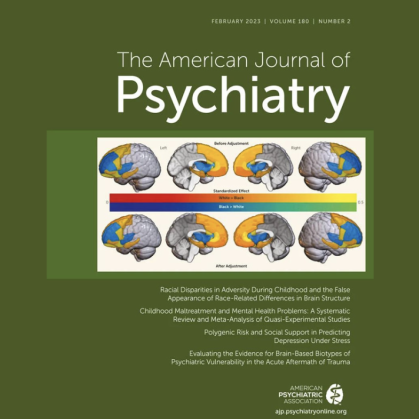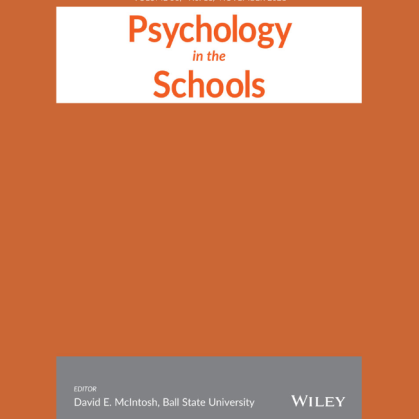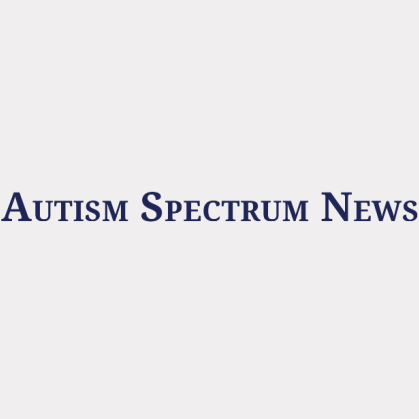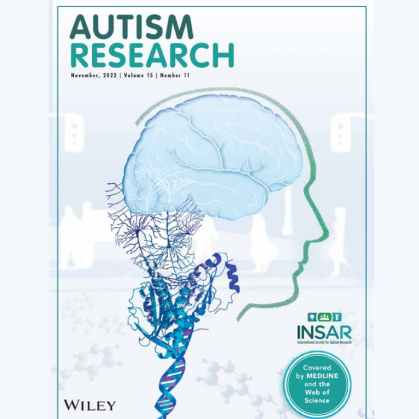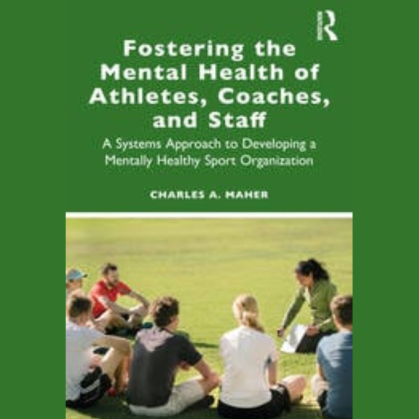Despite a robust literature on the relationship between protective behavioral strategies, also known as harm reduction strategies (HRS), and alcohol-specific harm reduction (Cox et al., 2024; Peterson et al., 2021), limited formative research has been conducted in the last decade to update the types of HRS currently being implemented (Dr. Angelo DiBello)

Publications
Please note that these publications are a snapshot of GSAPP's comprehensive research portfolio.
Read these broad-ranging studies conducted by GSAPP faculty and staff
Although response blocking is widely used in the clinical treatment of problem behavior, research on the isolated effects of blocking is limited (Dr. Meghan Deshais, Dr. Cara Phillips)
The objective of this study was to systematically explore how culture has been conceptualized, investigated, and measured within general surgery residency training programs (Dr. Katrina Monton)
School personnel have historically exhibited universal practices, where assumptions of "one-size-fits-all" prevail (Dr. Emily Graybill)
Wright et al. (2022) argued that the core of personality disorder (PD) is interpersonal in nature; thus, reconceptualizing PD as interpersonal disorders allows more focused assessment, formulation, and treatment planning (Dr. Nicole Cain)
Latinx immigrants’ health was more likely to be infected by the SARS-CoV-2 virus than U.S.-born individuals (Dr. Germán Cadenas)
This paper outlines a collaborative initiative, showcasing how direct student involvement can enhance the relevance and effectiveness of wellness resources on college campuses (Dr. Peggy Swarbrick, Dr. Sarah Weinsztok, Tasha Bulgin, Brianna Eng, Mariem Abid, Ritika Malhotra)
Workplace ostracism, a form of workplace harassment, delineates the experience of being excluded or ignored at work (Vi Phung, Dr. Cong Liu)
Despite rising rates of substance use disorders (SUD) in women and the narrowing of the SUD gender prevalence ratio in the U.S., large knowledge gaps in gender-specific treatment remain (Dr. Denise Hien)
Social media has increasingly become a platform where individuals share and seek information about autism (LifeSPAN Autism Lab)
Screening for mental health concerns is essential to identify individuals whose risk would otherwise go unnoticed (Dr. Vanessa Bal & the Rutgers CSP)
This article introduces the special issue of Consulting Psychology Journal focused on the science and application of emotional intelligence (EI) in the workplace (Dr. Robert Emmerling, Dr. Cary Cherniss)
Teachers across the U.S. reported that prevention strategies, such as school climate improvement, social–emotional learning, and classroom management, are the most effective in reducing violence against educators. In contrast, exclusionary discipline and crisis interventions were linked to higher levels of violence, underscoring the value of prevention-focused approaches in schools (Dr. Linda Reddy)
SRS-2 Adult Self-Report scores may reflect both autistic features and co-occurring mental health symptoms, highlighting the need for cautious interpretation and use of multiple information sources in adult autism assessments (Dr. Vanessa H. Bal)
Systematic reviews, though underused in behavior analysis, are essential for synthesizing research, evaluating evidence, and guiding practice. This report provides a step-by-step guide to conducting systematic reviews, highlights best practices, and calls for greater use of this method in the field (Dr. Sarah Weinsztock)
Research suggests that antiimmigrant policies enacted in the United States, magnified during the 2016-2020 period, propagate widespread trauma across communities of immigrants (von Werthern et al., 2018) (Dr. Germán A. Cadenas)
Equine-assisted services (EAS) has received attention as a potential treatment strategy for post-traumatic stress disorder (PTSD), as existing literature indicates that symptoms may decrease following EAS (Dr. Andrea Quinn)
Peer support models have existed for decades in behavioral health care and are being developed for health care professionals to help address high rates of burnout and stress in the health care environment (Dr. Peggy Swarbrick)
In this paper, the researchers strive to address the challenge from leadership scholars to empirically examine the complex topic of leadership using rigorous qualitative methods of leaders in field settings (Dr. Robert Emmerling)
Difficulties regulating emotions during periods of distress may contribute to the high rates of co-occurring depression and anxiety in autistic adults (Dr. Vanessa Bal)
The commonly used Vineland Adaptive Behavior Scales (VABS-3) divides adaptive behavior into three domains comprising three subdomains (Dr. Vanessa Bal)
Racial-ethnic disparities must be addressed in SUD intervention design (Dr. Peggy Swarbrick)
The healthcare workforce encounters high rates of stress and burnout, suggesting the urgent need for strategies to promote self-care to address these issues (Dr. Peggy Swarbrick)
Group contingencies are evidence-based behavioral interventions frequently employed in educational settings (Dr. Meghan Deshais)
A case study is presented about sport psychology practitioners working in Major League Baseball organizations in the United States and Canada who collaborated as a professional development support group (Dr. Charlie Maher)
Reporting on multilevel strategies for addressing community mental health disparities among young Black/African American men, who are at increased risk for trauma exposure yet have a lower likelihood of receiving mental health care compared to other young adults (Dr. Alexandria Bauer)
Systematic direct observations (SDOs) and behavior rating scales are integral to multimethod behavioral assessment approaches (Dr. Alexander Alperin, Dr. Todd Glover, Christopher Dudek, Dr. Linda Reddy)
This study is the first to compare the effects of immediately repeating or not repeating an incorrect trial (Dr. Meghan Deshais)
Substance use trends during the COVID-19 pandemic have been extensively documented (Dr. Alexandria Bauer, Dr. Denise Hien, & Dr. Margaret (Peggy) Swarbrick)
Sport psychology practitioners may be asked by general managers and coaches of professional sport organizations to contribute to the draft process by providing psychological information about athletes they want to select for their respective teams and organizations (Dr. Charlie Maher)
Adults with autism spectrum disorder (ASD) experience challenges securing employment, which may partially explain overall underemployment or unemployment in this population (Courtney Butler, Christeen Scarpa, Dr. SungWoo Kahng)
Family members and health care professionals for people with a variety of health conditions play a crucial role in health care (Dr. Peggy Swarbrick)
Recently incarcerated people with opioid use disorder are at high risk of overdose and adverse outcomes as a result of biopsychosocial risk factors (Dr. Peggy Swarbrick)
Procedural arrangements of differential reinforcement of alternative behavior without extinction often involve presenting the same reinforcers for problem behavior and appropriate behavior, which is typically ineffective at reducing problem behavior and increasing an alternative response (Dr. Julia Iannaccone)
Individuals with disabilities often demonstrate difficulty in social communication skills such as greetings (Dr. Meghan Deshais)
Many people with substance use disorders experience significant sleep disturbances that impact their pursuit of short- and long-term recovery goals, and overall health (Dr. Peggy Swarbrick)
COVID-19 pandemic presents an unheralded opportunity to better understand trajectories of posttraumatic stress disorder (PTSD) symptoms across a prolonged period of social disruption and stress (Dr. Alexandria Bauer, Dr. Denise Hien, Dr. Peggy Swarbrick)
Clinicians report that they often rely on descriptive assessments when developing behavior-reduction plans despite literature suggesting that functional analysis is the most rigorous assessment method (Dr. SungWoo Kahng)
Treatment efficacy for co-occurring posttraumatic stress disorder (PTSD) and substance use disorders is well established, yet direct evidence for comparative effectiveness across treatments is lacking (Dr. Denise Hien, Dr. Lesia Ruglass)
Paraprofessionals are critical school staff often responsible for students with or at risk for academic, behavioral, and social impairments (Dr. Linda Reddy, Dr. Nicole Wiggs)
Sex Education for Autistic People: Why It’s Not Too Much to AASK (Amy Gravino, Dr. Vanessa Bal)
The authors sought to determine whether staff at a peer-run agency could deliver supported employment services with high fidelity to the individual placement and support (IPS) model and whether employment outcomes of peer-delivered IPS plus work-specific health promotion were superior to usual supported employment services (Dr. Peggy Swarbrick)
Adult autism studies are increasingly comprised of later-diagnosed adults, yet little is known about how these adults compare to those diagnosed earlier in life (Dr. Vanessa Bal)
This book describes a systems approach for fostering the mental health of athletes, coaches, and staff in sport organizations at professional, collegiate, and secondary school levels (Dr. Charlie Maher)


